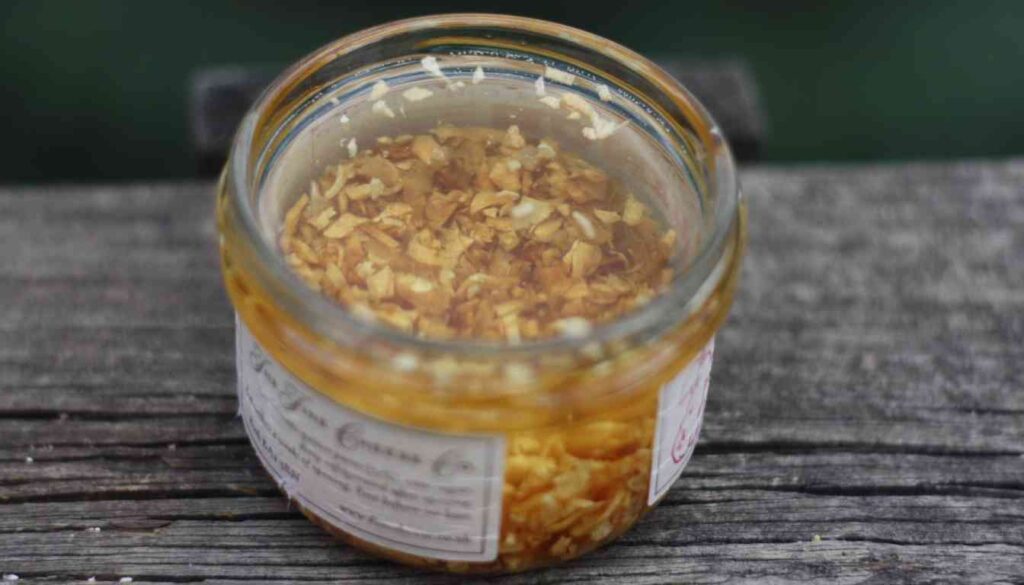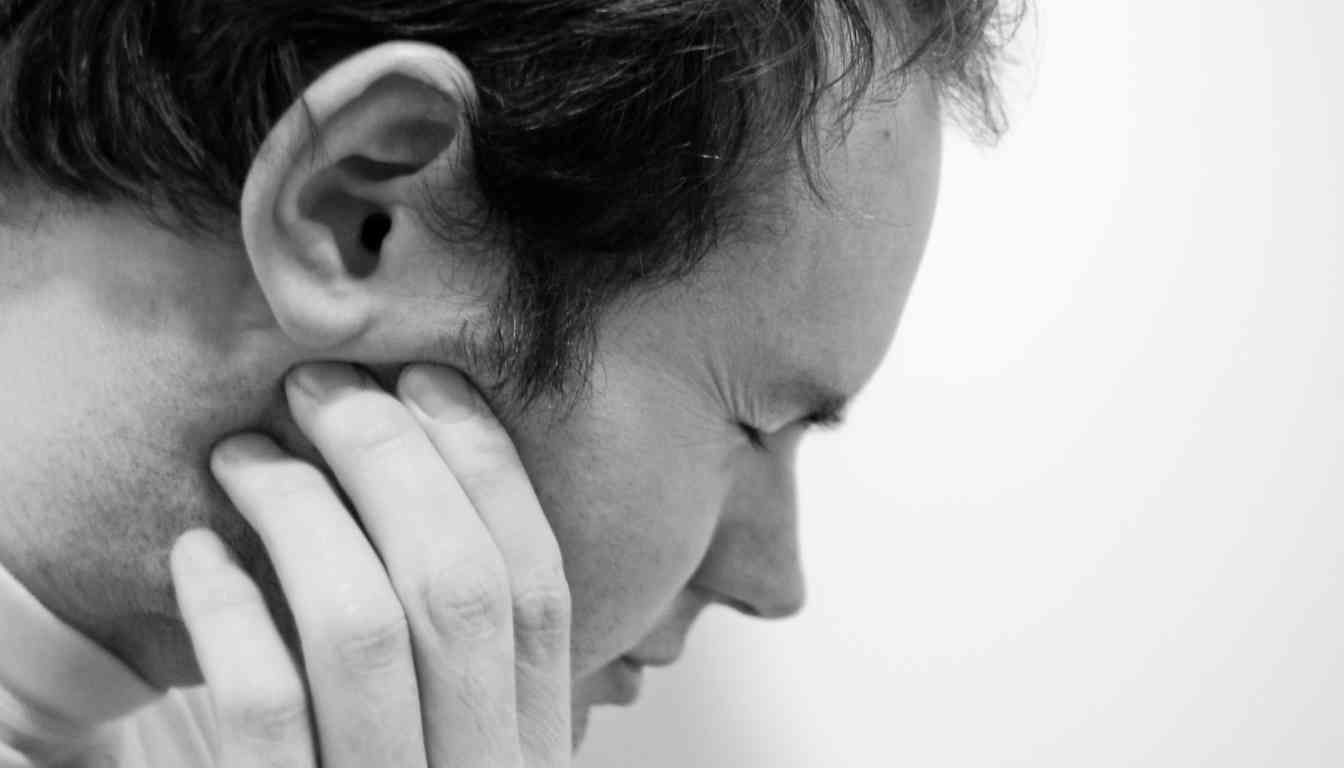Ear infections are a common problem that can cause significant discomfort and pain. They are typically caused by bacteria or viruses invading the middle ear, leading to symptoms such as earache, fever, and difficulty hearing. While antibiotics are often prescribed to treat ear infections, there are several home remedies that can help alleviate symptoms and promote healing. One of the most effective and simple treatments is the use of warm compresses, which can provide soothing relief for ear pain.
Applying a warm compress to the affected ear can help to reduce pain and inflammation, and can also help to promote drainage of any fluid that may be trapped in the middle ear. To make a warm compress, simply soak a clean cloth in warm water, wring out the excess water, and place the cloth over the affected ear for 10-15 minutes at a time, several times a day.
Another home remedy that can be effective for ear infections is the use of garlic oil. Garlic is a natural antibiotic and can help to fight off the bacteria or viruses that are causing the infection. To make garlic oil, simply crush a few cloves of garlic and mix them with a carrier oil such as olive oil. Warm the mixture slightly and then apply a few drops to the affected ear using a dropper. Repeat this process several times a day until symptoms improve.
Understanding Ear Infections – Home Remedies for Ear Infection
As someone who has experienced ear infections myself, I know how painful and uncomfortable they can be. In this section, I will provide an overview of ear infections, including the different types, causes, and symptoms.
Types of Ear Infections
There are two main types of ear infections: otitis media (middle ear infection) and otitis externa (outer ear infection). Otitis media occurs in the middle ear, which is located behind the eardrum and contains the small bones that transmit sound. Otitis externa, on the other hand, occurs in the outer ear canal, which is the part of the ear that leads from the outside of the body to the eardrum.
Causes and Symptoms – Home Remedies for Ear Infection
Ear infections are typically caused by a viral or bacterial infection. In the case of otitis media, the infection usually starts in the eustachian tube, which connects the middle ear to the back of the throat. When the eustachian tube becomes blocked, fluid can build up in the middle ear, leading to an infection.
Symptoms of an ear infection can include ear pain, fever, headache, hearing loss, and a feeling of fullness or pressure in the ear. In some cases, a discharge of fluid from the ear may also be present.
It is important to note that not all ear infections require medical treatment. Many ear infections will clear up on their own within a few days. However, if you are experiencing severe pain or other symptoms, it is best to consult with a healthcare professional to determine the best course of action.
Overall, understanding the different types, causes, and symptoms of ear infections can help you better manage and prevent them in the future.
Home Remedies for Ear Infection
As someone who has experienced ear infections, I understand how painful and uncomfortable they can be. While it is always best to consult a doctor if you suspect an ear infection, several at-home remedies can alleviate the symptoms.
Over-the-counter Pain Relievers
One of the most common symptoms of an ear infection is pain. Over-the-counter pain relievers such as acetaminophen or ibuprofen can help alleviate the pain. Following the recommended dosage and not exceeding the maximum daily dose is important.
Hot or Cold Compress
Another effective home remedy for ear infections is the use of a hot or cold compress. A warm compress can help dissolve the fluid discharge accumulated inside the ear so that it drains out easily, thus aiding in reducing symptoms. On the other hand, a cold compress can help reduce inflammation and swelling. It is important to use a clean cloth and test the temperature before applying the compress to avoid burns.
Neck Exercises
Believe it or not, certain neck exercises can help alleviate the symptoms of an ear infection. Gently tilting your head from side to side, up and down, and in a circular motion can help drain the fluid from the ear and relieve pressure.
Proper Sleep Positions
Sleeping with your head elevated can help reduce pressure and alleviate symptoms of an ear infection. Additionally, sleeping on the side opposite of the infected ear can also help reduce pressure and promote drainage.
While these home remedies can provide temporary relief, it is important to seek medical attention if symptoms persist or worsen. Some home remedy recommendations may even be harmful, so it is important to research and consult with a healthcare professional before trying any natural remedies.
Remedies to Avoid

When it comes to treating ear infections, several home remedies can help alleviate the symptoms. However, there are also some remedies that you should avoid as they may do more harm than good.
Oils
While some people swear by using oils such as garlic oil or tea tree oil to treat ear infections, it’s important to be cautious when using them. According to Cleveland Clinic, putting oil in your ear can make the infection worse by trapping bacteria and creating a moist environment for it to grow. Additionally, oils can irritate the skin and cause allergic reactions in some people.
Over-the-counter numbing drops
Over-the-counter numbing drops such as benzocaine or lidocaine may seem like a quick fix for ear pain, but they can make the infection worse. According to WebMD, these drops can cause an allergic reaction or irritation in the ear canal, which can lead to further inflammation and pain. Additionally, these drops can mask the pain, making it difficult to tell if the infection is getting worse.
In general, it’s best to avoid putting anything in your ear that hasn’t been recommended by a doctor. This includes Q-tips, which can push wax and debris further into the ear canal and cause damage to the eardrum. If you suspect that you have an ear infection, it’s important to see a doctor for proper diagnosis and treatment.
When to Seek Medical Help
Ear infections can be painful and uncomfortable, but most of the time, they can be treated at home with over-the-counter remedies. However, there are times when seeking medical help is necessary. In this section, I will discuss the warning signs of a severe ear infection, when to see a healthcare provider and the importance of proper treatment.
Warning Signs
It’s essential to be aware of the warning signs of a severe ear infection. Some of the signs to watch out for include: High fever, Severe ear pain, Blood or pus draining from the ear, Stiff neck, Severe headache, Confusion or dizziness, Swelling around the ear, and Weakness or numbness in the face.
If you or your child experience any of these symptoms, seek medical attention immediately.
When to See a Healthcare Provider
If you or your child have an ear infection that doesn’t improve after a few days of home treatment, it’s time to see a healthcare provider. Other signs that you should see a doctor include:
- Severe pain that doesn’t go away with over-the-counter pain relievers
- Signs of hearing loss
- Symptoms that get worse or don’t improve after a few days
- Recurrent ear infections
In some cases, your healthcare provider may refer you to an otolaryngologist, a doctor who specializes in ear, nose, and throat conditions.
Importance of Proper Treatment
If left untreated, ear infections can lead to complications such as hearing loss, mastoiditis, and meningitis. That’s why it’s essential to seek medical help if you or your child have any warning signs or symptoms that don’t improve after a few days of home treatment.
Your healthcare provider may prescribe antibiotics to treat the infection or recommend other treatments such as ear drops or pain relievers. It’s essential to follow their instructions carefully and complete the full course of antibiotics to ensure that the infection is fully treated.
It’s important to be aware of the warning signs of a severe ear infection and to seek medical attention if you or your child experience any of these symptoms. Proper treatment can help prevent complications and ensure a speedy recovery.
Before You Go – Home Remedies for Ear Infection

Several effective home remedies for ear infections can provide relief for both children and adults. It is important to note that while home remedies can help manage symptoms, they should not be used as a substitute for medical treatment. If you or your child is experiencing severe or persistent symptoms, it is important to seek medical attention.
Some popular home remedies for ear infections include warm or cold compresses, over-the-counter pain relievers, and adjusting sleep positions. Decongestants can also help relieve symptoms caused by nasal passages that are blocked due to colds or flu.
Moisture can exacerbate ear infections, so it is important to keep the affected ear dry. Tea tree oil, mullein, and garlic oil are natural remedies that can help clear up ear infections. Breastmilk can also be used to treat ear infections in infants.
Home remedies can be a helpful addition to medical treatment for ear infections. It is important to consult with a healthcare provider before trying any new remedies, especially if you are pregnant or breastfeeding. With proper care and treatment, most ear infections can be managed effectively.
References – Home Remedies for Ear Infection
Little Herb Encyclopedia, by Jack Ritchason; N.D., Woodland Publishing Incorporated, 1995
The Ultimate Healing System, Course Manual, Copyright 1985, Don Lepore
Planetary Herbology, Michael Tierra, C.A., N.D., Lotus Press, 1988
Handbook of Medicinal Herbs, by James A. Duke, Pub. CRP Second Edition 2007
The Complete Medicinal Herbal, by Penelope Ody, Published by Dorling Kindersley
Check the Following Articles!
A Guide to Choosing and Using: Herb Drying Rack
Herb Roasted Potatoes: A Delicious and Easy Side Dish
Herb Scissors: The Must-Have Kitchen Tool
Home Remedies for Ear Infection and TheHerbProf.com: A Healing Connection
Hello, herb enthusiasts! Let’s chat about something close to our hearts – Home Remedies for Ear Infection! Now, you might be wondering, how does this connect with our favorite site, TheHerbProf.com? Well, let’s find out!
Our Home Remedies for Ear Infection are a blessing. They’re like a warm hug for your ears, soothing the pain and discomfort with the healing power of nature. It’s like having your herbalist! Check our home page here!
Now, let’s talk about TheHerbProf.com. This site is our herb haven, our go-to for all things herbal. From growing tips to mouth-watering recipes, it’s got us covered. But it’s more than just a site, it’s a community of herb lovers, just like us!
So, how do these two connect? Picture this. You’ve just harvested your homegrown herbs. You’re excited to use them, and what better way than in a home remedy for ear infections? You whip up the remedy, and it works wonders! Now, you want to share this joy with others. That’s where TheHerbProf.com comes in. You hop onto the site and share your recipe, your tips, and your experiences. You learn from others, and they learn from you. It’s a beautiful cycle of healing, sharing, and learning.
In short, Home Remedies for Ear Infection and TheHerbProf.com are a match made in herb heaven. They complement each other, each enhancing the other’s value. So, keep healing, keep exploring TheHerbProf.com, and most importantly, keep loving herbs!
Frequently Asked Questions – Home Remedies for Ear Infection
1. How can I alleviate the pain of an ear infection at home?
If you’re experiencing pain from an ear infection, there are several things you can do at home to help alleviate the discomfort. Applying a warm or cold compress to the affected ear can help reduce inflammation and ease pain. Over-the-counter pain relievers like acetaminophen or ibuprofen can also help provide relief.
2. What are some natural remedies for ear infections?
Some natural remedies for ear infections include garlic oil, tea tree oil, and apple cider vinegar. However, it’s important to note that there is limited scientific evidence to support the effectiveness of these remedies. It’s always best to consult with a healthcare provider before trying any new remedies.
3. Are there any home remedies for ear infections that work?
While there is limited scientific evidence to support the effectiveness of home remedies for ear infections, some remedies may provide relief. Warm or cold compresses, over-the-counter pain relievers, and natural remedies like garlic oil or tea tree oil may help alleviate symptoms. However, it’s important to consult with a healthcare provider to determine the best course of treatment.
4. What can I do to help my ear infection heal faster?
To help your ear infection heal faster, it’s important to rest and take care of yourself. Avoid smoking and exposure to secondhand smoke, as this can irritate the ear and delay healing. Avoid getting water in your ear, as this can cause further infection. Follow any treatment recommendations from your healthcare provider, and take any prescribed medications as directed.
5. Can I treat an ear infection without antibiotics?
In some cases, ear infections may clear up on their own without the need for antibiotics. However, it’s important to consult with a healthcare provider to determine the best course of treatment. They may recommend over-the-counter pain relievers or natural remedies to help alleviate symptoms. If the infection is severe or does not improve, antibiotics may be necessary.
6. What are some common causes of ear infections?
Ear infections can be caused by a variety of factors, including bacteria, viruses, or fungi. They may also be caused by allergies, colds, or sinus infections. It’s important to identify the underlying cause of your ear infection to determine the best course of treatment. Consult with a healthcare provider if you suspect you have an ear infection.
